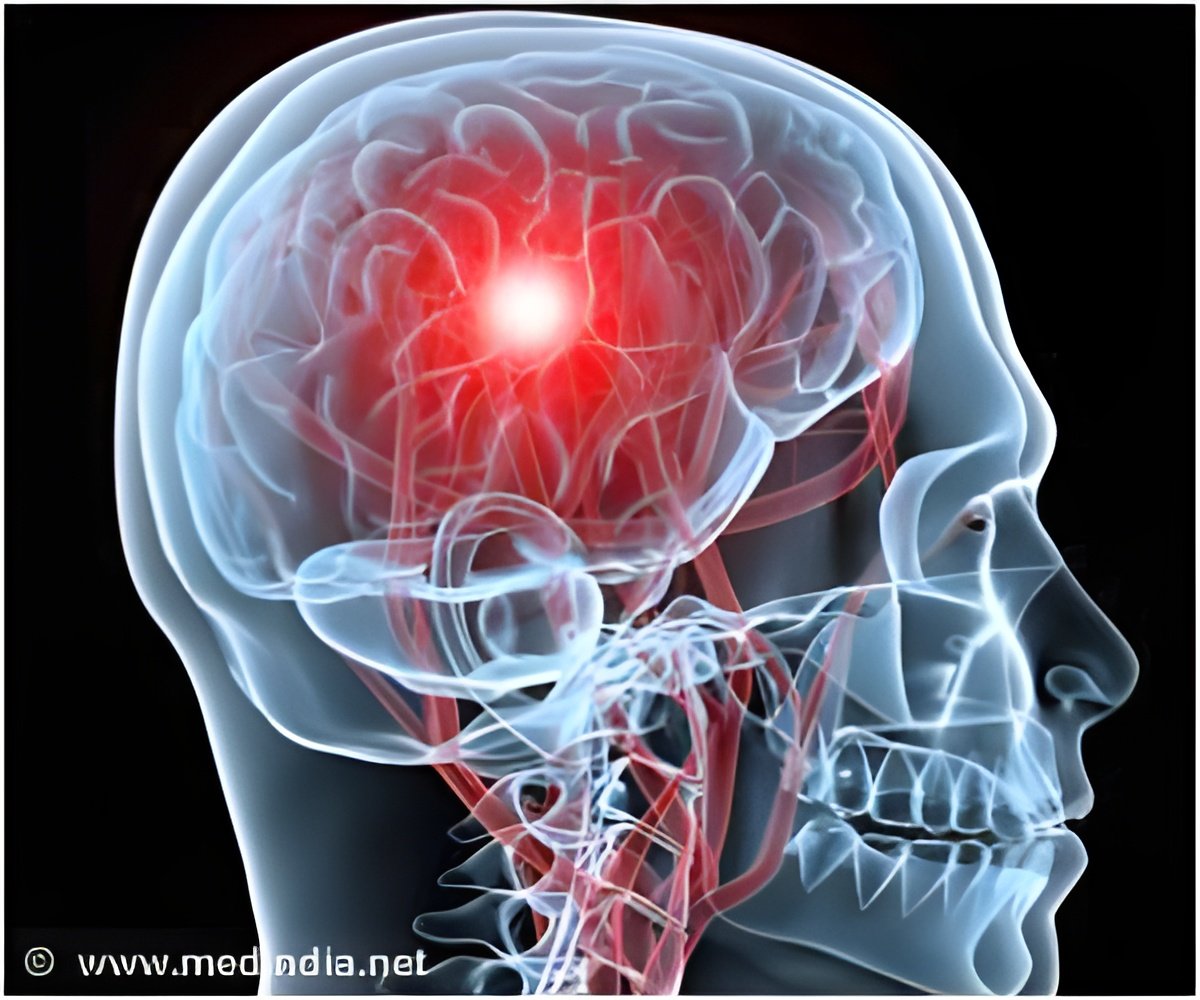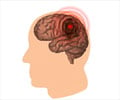Researchers have recently demonstrated that combining nerve stimulation with standard therapy can reorganize the brain and improve its function.

A team led by Dr. Robert Rennaker and Dr. Michael Kilgard looked at whether repeatedly pairing vagus nerve stimulation with a specific movement would change neural activity within the laboratory rats' primary motor cortex. To test the hypothesis, they paired the vagus nerve stimulation with movements of the forelimb in two groups of rats.
After five days of stimulation and movement pairing, the researchers examined the brain activity in response to the stimulation. The rats who received the training along with the stimulation displayed large changes in the organization of the brain's movement control system. The animals receiving identical motor training without stimulation pairing did not exhibit any brain changes, or plasticity.
People who suffer strokes or brain trauma often undergo rehabilitation that includes repeated movement of the affected limb in an effort to regain motor skills. It is believed that repeated use of the affected limb causes reorganization of the brain essential to recovery.
The recent study suggested that pairing vagus nerve stimulation with standard therapy may result in more rapid and extensive reorganization of the brain, offering the potential for speeding and improving recovery following stroke, said Rennaker, associate professor in The University of Texas at Dallas' School of Behavioral and Brain Sciences
"Our goal is to use the brain's natural neuromodulatory systems to enhance the effectiveness of standard therapies," Rennaker said.
Since vagus nerve stimulation has an excellent safety record in human patients with epilepsy, the technique provides a new method to treat brain conditions in which the timing of brain responses is abnormal, including dyslexia and schizophrenia.
The results were published in a recent issue of Cerebral Cortex.
Source-ANI
 MEDINDIA
MEDINDIA




 Email
Email










